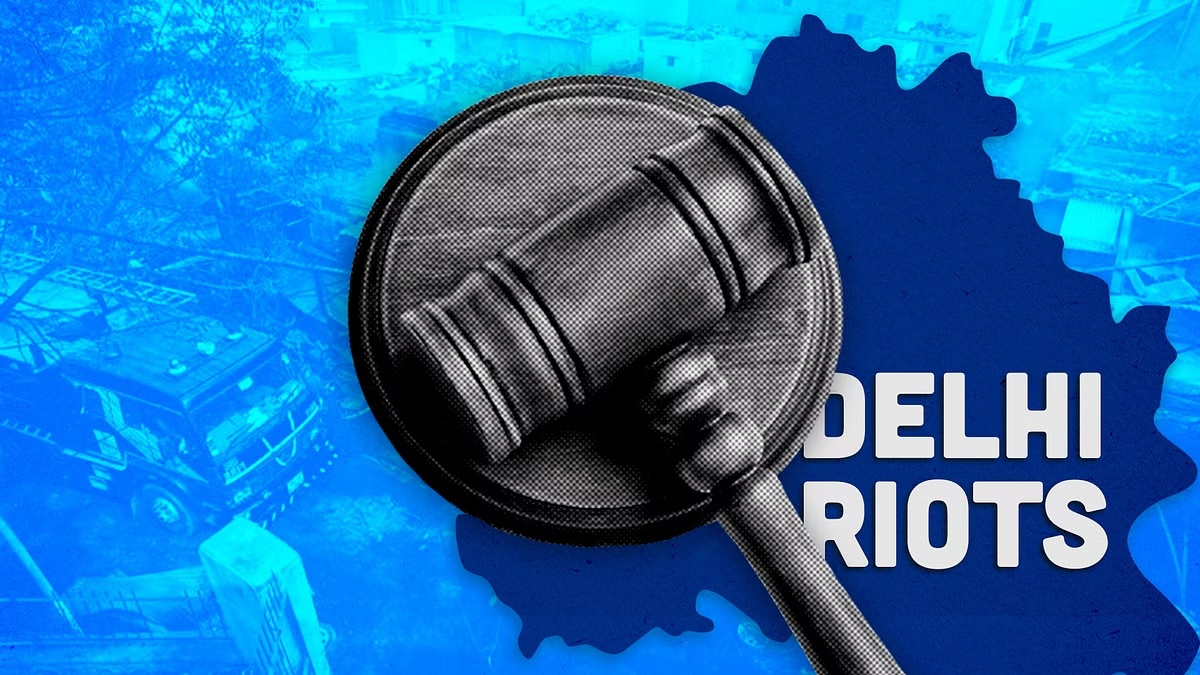
The aftermath of the 2020 Delhi violence left few eyewitnesses and weak police investigations as many victims, who fled for their lives, failed to identify the culprits, while police ostensibly remained too busy to maintain diary entries as they tried to contain the mobs. This was the pattern in most cases that saw acquittals in court.
Of the total 757 cases, 28 have resulted in acquittals and discharge so far – Newslaundry analysed the 14 in which 11 men were acquitted, based on court cause lists.
These cases pertained to acts of unlawful assembly, rioting, vandalism, and setting properties and vehicle afire under Gokalpuri, Jyoti Nagar, Welcome, Bhajanpura and Khajuri Khas police stations from February 24 to February 26 in 2020. A total of 119 witnesses, mostly police officers, were examined in the courts of Additional Sessions Judges Pulastya Pramachala, Virender Bhat and Amitabh Rawat.
In many of these cases, the identification of the accused was sudden, diminishing the chance of conviction. In at least seven of the 14 cases, courts objected to police officers’ failure in making DD entries about their entry and exit from police stations, and about law and order incidents. And in at least two other cases, the prosecution failed to examine crucial witnesses.
A special public prosecutor, who is arguing for the Delhi police in several riot cases, told Newslaundry that there was delay on part of beat officers due to the increased work burden and widespread lawlessness.
Former Delhi police commissioner SN Shrivastava said, “Those were challenging times that don’t permit a classical approach. A police person is overburdened with multifarious duties. Maybe, some DD entries were not made under these circumstances. All organs of the criminal enforcement system have to understand these circumstances.”
However, a senior lawyer who works with the Delhi police said that the officers who have witnessed violence or recognised the accused are duty bound to pass on such information orally or in writing to the police station or the SHO. “Following this, the duty officer (who maintains police logs) will make an entry about information received. A sketch of the accused is to be prepared, followed by an identification parade. But this is hardly followed,” he said.
Against this backdrop, the prosecution failed to explain the delay in DD entries and the “coincidental” identification of the accused even though beat officers had seen them at riot-affected areas.
Terming it a “record of truth”, lawyer Mehmood Pracha said the DD entry is mandatory for all officers. “If there is no DD entry, any story can be cooked up later. According to the Punjab Police Rules, all police officers have to make DD entries upon their return to their police station,” he said.
Rules of conduct that are not covered by the Delhi Police Rules are still guided by PPR, including how a police station should operate, said a lawyer.
Section 22.49 (D) of the Punjab Police Rules mandates: “Every police officer of or above the rank of head constable, when returning from duty other than an investigation in which case diaries are submitted, shall have an entry made in the daily diary by the station clerk or his assistant showing the places he has visited and the duties performed by him during his absence from the police station.”
However, a police officer at the Northeast Delhi police headquarters in Seelampur blamed the circumstances. “Our first priority was to bring the situation under control and rescue people. So maybe, DD entries were missed. Second, there was a Covid lockdown immediately after the riots. Some people who were witnesses left for their hometown. This also hampered the investigation. As far as coincidental identification is concerned, it’s not unusual for police to arrest an accused who has been called to the police station in a different case. When we arrest a person, it’s but natural for police to question his involvement in other cases. Once he reveals his involvement in other cases, beat constables and complainants are called for identification.”
This story was originally published in newslaundry.com . Read the full story here






